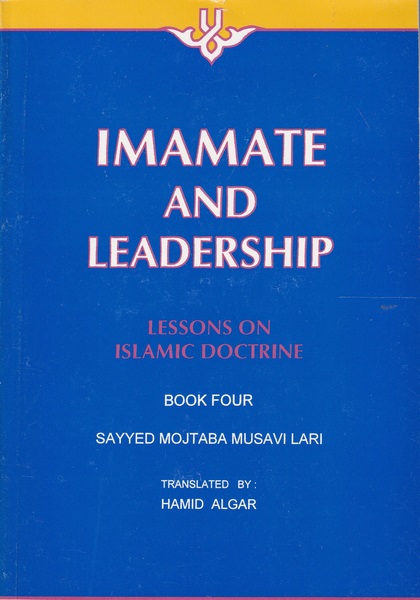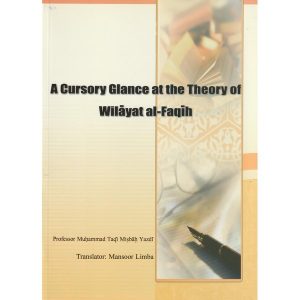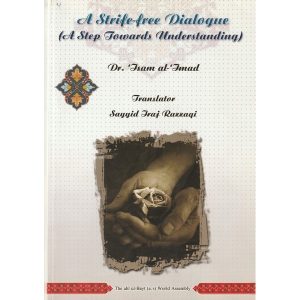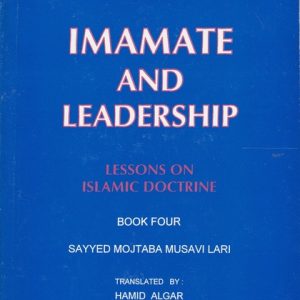Description
An imam is similar to a caliph or khalifah with one major difference: While a caliph is more of a political head of a state, the imam (in imamate) is a religious as well as a political head of a group of people. While the caliph cannot change the religious laws and their jurisprudence, an imam also can not change the original religious laws but can derive verdicts based on Quran, Tafseer, Ahadith and Prophet’s Sunnah as per new requirements or new problems faced. The book is a comprehensive study of the Divine portfolio of Imamate, its power, knowledge, authority and the legitimate leadership appointed by the Last Prophet of Allah.
HEAVILY SUBSIDIZED BY WWW.WABIL.COM







Reviews
There are no reviews yet.